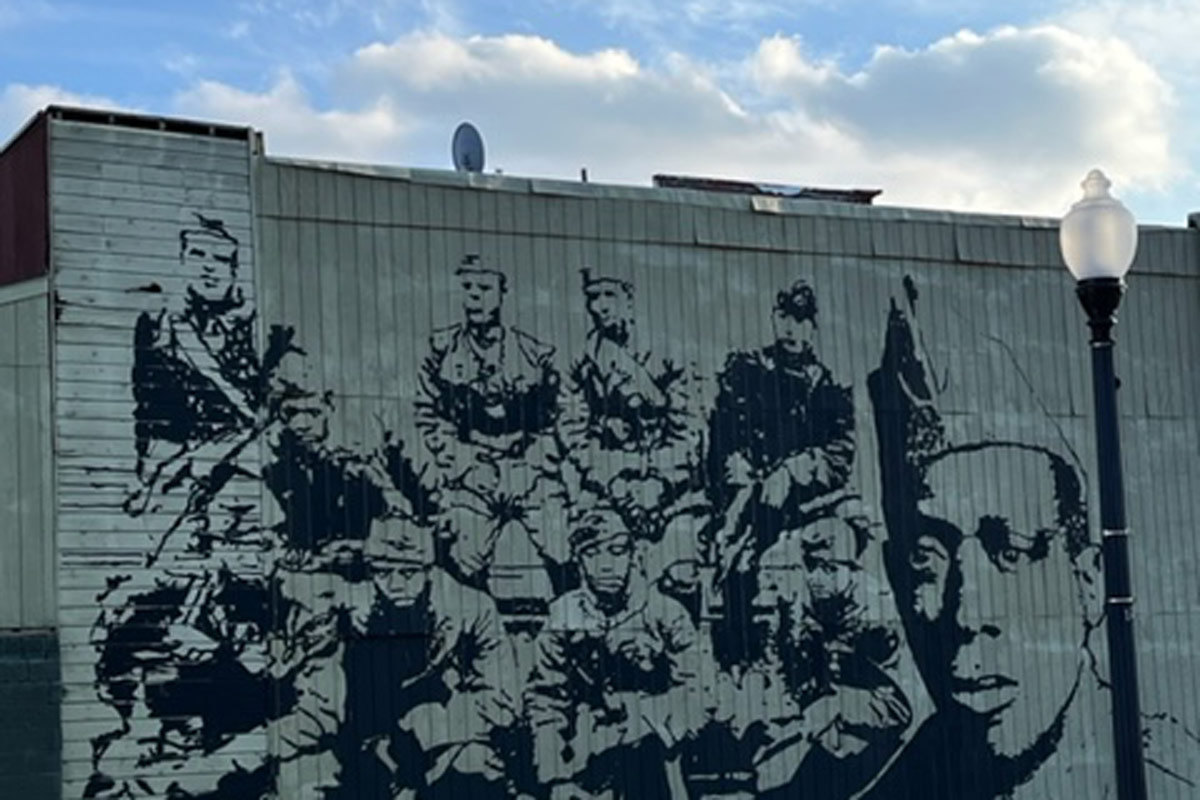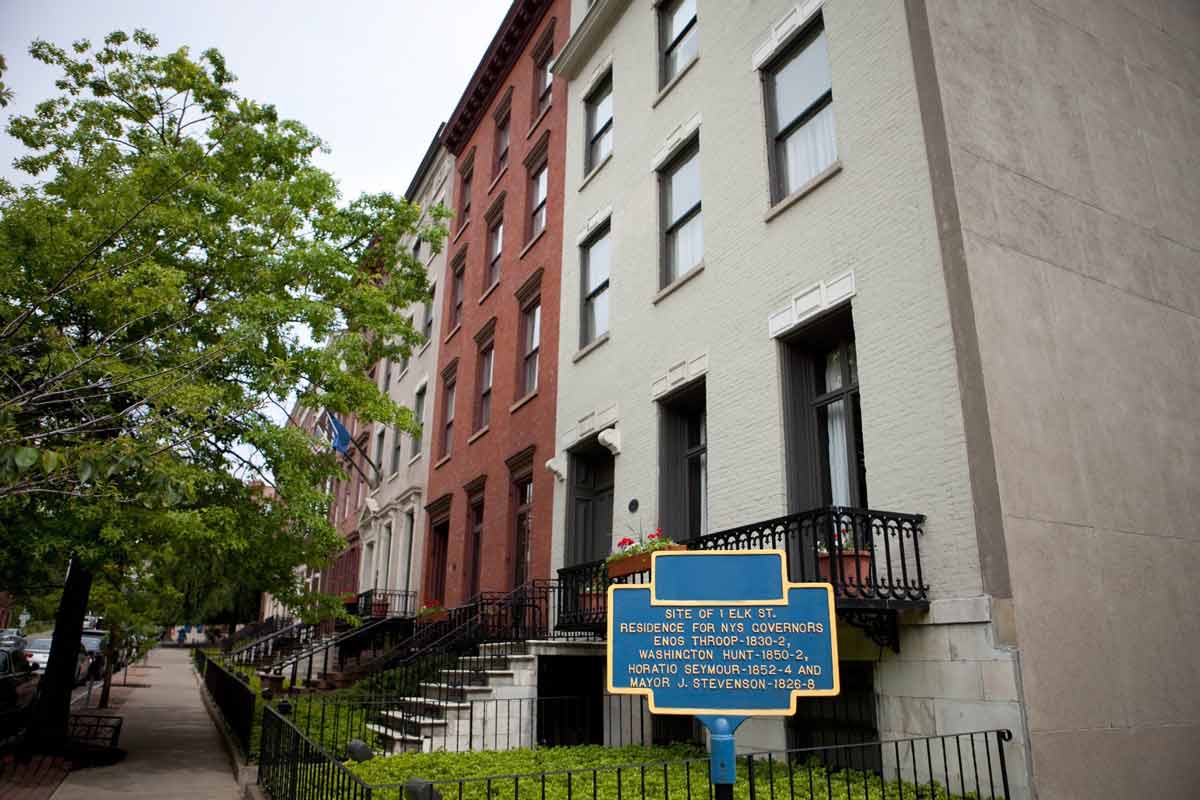About
Our Approach
People who are diverted or referred to LEAD receive immediate access to harm reduction-based intensive case management. Based on their own goals, clients are connected to services including substance use treatment; mental health care; support in applying for health coverage, food assistance and other benefits; and assistance with shelter and permanent housing.
Albany Police Department officers may offer LEAD diversion to individuals who otherwise would face arrest on eligible charges if the alleged offense is believed to result from substance use, mental illness, poverty or homelessness. Eligible charges include non-violent General City Ordinance violations, non-violent New York State violations, non-violent misdemeanors, or Criminal Possession of a Controlled Substance in the 5th degree (felony). Both the individual being diverted from arrest and the victim (if there is one) must consent to the diversion, and certain other restrictions apply. At the end of 2022, Albany Police Department and other criminal legal system actors also began engaging people in case management through Albany LEAD via referral outside of a potential arrest.
Data & Results
LEAD Diversions and Referrals 2016 - 2024
LEAD Diversions and Referrals 2016 - 2024
Diversions by Demographic 2016 - 2024
Diversions by Demographic 2016 - 2024
Our Commitment to Accountability
Albany LEAD is recognized by peer initiatives around the country for the breadth and depth of its public data reporting, which reflects stakeholders’ work through the Data Committee and the overall direction of the Albany LEAD Policy Coordinating Group. We report quarterly on Albany Police Department arrests and diversions. All reports are available through the Department.
Our Stakeholders
We operate based on a Memorandum of Understanding (MOU) established in June 2015 among the following participants.
Albany Office of the Mayor
Albany Police Department
Albany County Executive
Albany County District Attorney
Center for Law and Justice
Central District Management Association
Trinity Alliance of the Capital Region
Leaders of these signatory entities make up the Policy Coordinating Group, which governs Albany LEAD. Key service providers Catholic Charities Care Coordination Services and St. Catherine’s Center for Children Homeless Services are additional signatories to an amended MOU.
The Operational Working Group meets biweekly to share information on and coordinate services for Albany LEAD clients. It brings together operational partners who are in direct contact with individual clients: case managers; Albany police officers; and leaders or representatives of the District Attorney’s Office, Public Defender, Alternate Public Defender, and Albany County departments of Mental Health, Probation, and Social Services.
Trinity Alliance oversees both project management and community engagement for Albany LEAD.
Client Story
There are no standardized care plans for LEAD clients; each client determines their own goals.
A client became engaged with LEAD when they were homeless and about to be arrested for Criminal Possession of a Controlled Substance. Initially they wanted to work on finding temporary shelter and obtaining Temporary Assistance for income. Alongside LEAD case managers, they achieved these goals and today have found permanent housing, obtained Social Security Disability benefits, entered and completed inpatient and outpatient substance use treatment, and found employment they enjoy.


Albany was the third locality in the nation to establish a LEAD program. Today, more than 60 jurisdictions across the United States are engaged in LEAD while dozens of others are developing or exploring the concept — including locations in the United Kingdom and South Africa. More information is available from the LEAD Support Bureau.
Contact
Get in touch with Co-Project Managers, Jennie Huling and Bob Ward, at Albany LEAD, c/o Albany County Department of Mental Health, 175 Green St., Albany NY 12202 or by email at [email protected]. Please expect a response within 1-2 business days.
